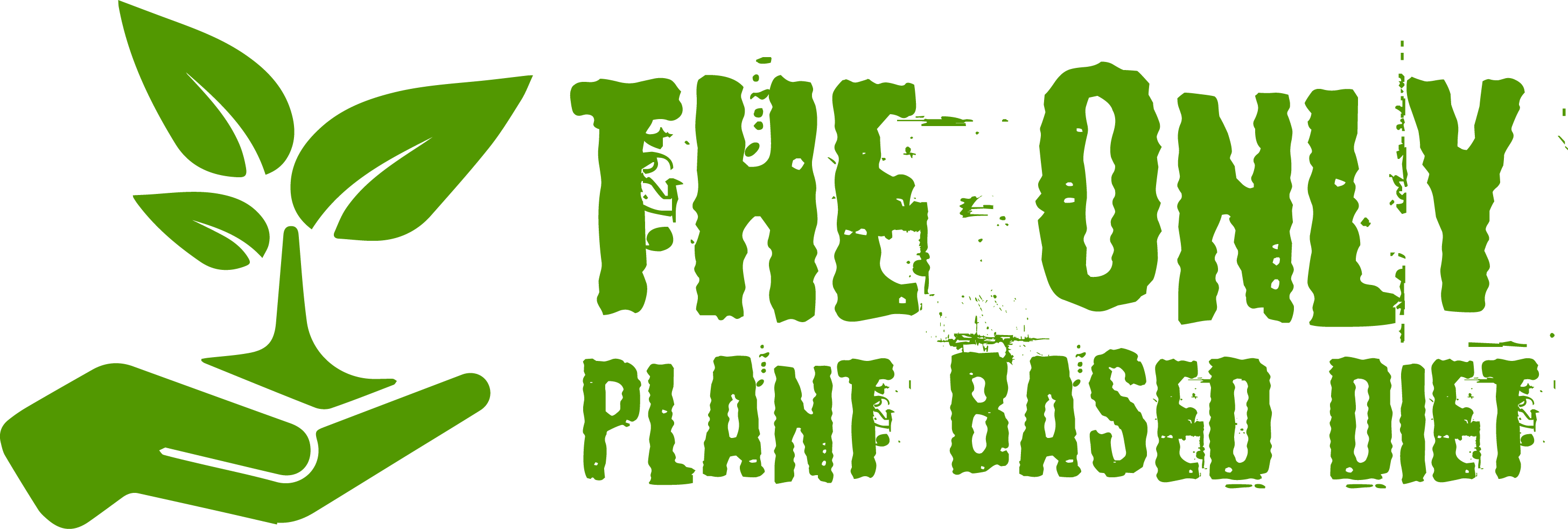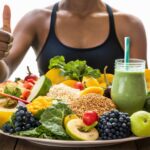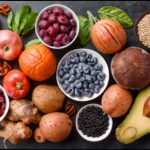Switching to a plant-based diet can feel like a breath of fresh air for your health regimen. Known for its plentiful health benefits, including weight loss, a reduced risk of heart disease, and lower blood sugar levels, it’s no surprise that this diet is gaining traction. However, diving headfirst into the world of vegetarianism or veganism comes with its set of challenges. The journey is not as straightforward as some might think; several common mistakes stem from the assumption that plant-based is synonymous with health.
Misconception: Health by Default
A widespread misunderstanding is that anything under the umbrella of “plant-based” is a green flag for health. This assumption couldn’t be further from the truth. Plant-based does not automatically mean nutrient-rich. For instance, not all plant milk is created equal, and many meat substitutes found in stores are highly processed with little nutritional value.
Almond Milk vs. Dairy Milk
Take almond milk, a popular dairy alternative. It’s low in calories and provides healthy fats, but it doesn’t offer the same protein content as cow’s milk. Almond milk has significantly less protein, an essential macronutrient for repairing and building muscles, and often lacks the natural vitamins and minerals found in traditional dairy.
Processed Plant Foods
Then there’s the surge of plant-based junk food — burgers, nuggets, sausages, oh my! While they’re plant-based, they’re often heavily processed and packed with additives, not to mention high in calories and low in essential nutrients. Relying on these foods can lead to weight gain and nutritional gaps, negating the very health benefits you set out to achieve.
The Vitamin B12 Challenge
Among the nutritional pitfalls is the notorious Vitamin B12 deficiency common in plant-based enthusiasts. This crucial nutrient is vital for brain function, DNA synthesis, and the creation of red blood cells.
Solutions and Supplements
Since plant foods lack sufficient amounts of B12, supplements or B12-fortified foods are non-negotiable for strict vegetarians and vegans. A small daily supplement can help bridge the nutritional gap and prevent the fatigue, anemia, and cognitive issues associated with deficiency.
The Cheese Quandary
Transitioning away from meat, many fall into the cheese trap, overindulging in cheese to replace the void left by meat. Cheese, while delicious, is high in saturated fats and calories and doesn’t offer the broad nutrient profile that other plant-based proteins provide.
Healthier Substitutes
Instead, opt for nutrient-dense alternatives like quinoa, nuts, beans, chickpeas, tempeh, and lentils. These foods not only provide the protein you’re missing but also offer a rich array of other essential nutrients and fiber.
Caloric Missteps
Plant-based diets, especially when centered around whole foods, tend to be lower in calories compared to their meat-containing counterparts. This difference can lead to unintentional calorie restriction.
Maintaining Energy Levels
To combat this, ensure your diet includes plenty of calorie-sufficient foods, like whole grains, avocados, and nuts. These foods provide the energy needed to fuel your day and keep your metabolism humming along.
The Importance of Whole Grains
Whole grains are the unsung heroes of the plant-based world. They’re calorie-dense, providing the energy you need, and packed with fiber, vitamins, and minerals necessary for overall health. Including a variety of whole grains in your diet can help stave off hunger and provide the necessary nutrients your body craves.
Embarking on a plant-based journey is commendable and can be incredibly health-promoting. However, it’s vital to approach it with a nuanced understanding. Not all plant-based foods are created equal, and attention must be paid to nutrient intake, especially for essentials like protein and Vitamin B12. By navigating these common pitfalls and making informed food choices, you can reap the myriad benefits of a plant-based lifestyle.
FAQs
Can I get enough protein on a plant-based diet?
Absolutely, but it requires careful planning. Options like lentils, chickpeas, tofu, and quinoa are excellent sources.
Are all meat substitutes unhealthy?
Not all. Look for options with minimal ingredients, low in additives, and high in protein.
How can I avoid Vitamin B12 deficiency?
Regularly consume fortified foods or take a B12 supplement.
Is cheese a bad food choice on a plant-based diet?
Not necessarily, but it shouldn’t be your primary protein source. Balance is key.
Do I need to count calories on a plant-based diet?
Not always, but be mindful of your energy needs, especially when eating low-calorie foods.







